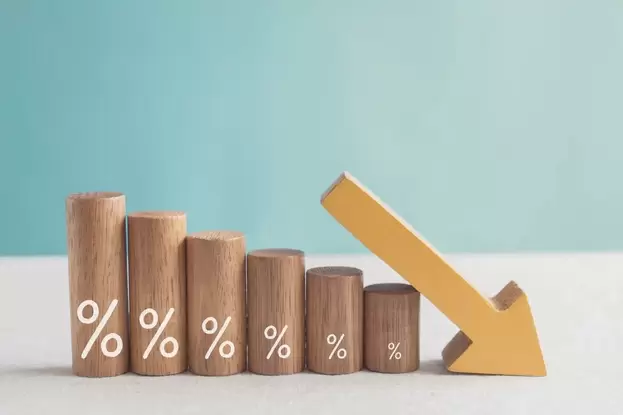|
Money & Finance
|
Current accounts - an introduction
|
Changing bank can seem daunting.
After all, our current account is how we pay our bills, mortgage payments and rent, and how we collect our salary. It's how we pay for everyday items like food and drink and manage our overdraft, standing orders and direct debits. Little surprise, then, that many of us are reluctant to switch current account. But government measures launched in 2013 mean switching bank accounts is easy, safe and very quick (the process should take no longer than 7 working days). |
|
|
What are the different types of current account ?
Before we compare current accounts, let's clear up what the different types of bank account mean:
How do I choose the best current account for me ? Sifting through these options and finding the best current account for you can be difficult. It largely depends what you want from your bank account. From interest rates to customer service, banks and building societies' offerings vary hugely. |
|
|
Whilst cashback (more on this later) is a great perk, the most important factor in choosing a current account is how you use it.
Are you usually in credit with a large balance of over £1,000? Think about a deal that pays a good rate of interest (at the moment, interest rates are rock bottom, which is all the more reason to shop around). Or are you usually overdrawn? Look out for banks with the best overdraft rates, or accounts that won't charge for a certain period if you do go into the red. If you're tech-savvy, a highly-rated online banking app that gives you control over your money might be a deal-clincher. Or you might value face-to-face banking, in which case an account with a heavy app focus might not be for you. Customers running a household and paying for extras such as car insurance and breakdown cover, mobile phone insurance and energy bills might favour a packaged bank account. The best current account for frequent flyers will be one that allows you to spend money and make withdrawals abroad without any hidden transaction fees. Then there's religious bank accounts, joint bank accounts, offshore accounts and business bank accounts, to name but a few. Compare current accounts based on your needs using our tool today or for more in-depth tips, read our 7 key questions to consider when switching bank account. What is an overdraft? An overdraft is what you go into if your balance goes into negative values. It essentially means you're borrowing money from your bank. Authorised overdrafts are ones that have been agreed with your bank, allowing you to fall into a negative balance - usually between £500 and £2,000. An interest rate or daily fee will typically still apply. An unauthorised overdraft is bad news. It's where you spend more money than you have put in without agreeing it first with your bank. Falling into an unauthorised overdraft will mean you have to pay fees and a high rate of interest or daily fee. Some banks do offer ‘interest free overdrafts' but this is not the same as your overdraft limit. You will usually only be able to borrow interest free on a fixed amount that's smaller than your overall cap. |
|
|
What is AER ? Interest rates explained
The Annual Equivalent Rate is the variable interest rate when you're account is in credit. It tells you how much money in interest you will gain at the end of the year. Your bank will work it out based on the assumption that any interest paid is combined with the original balance. The next interest payment will be based on the slightly higher account balance. How do you switch bank accounts ? To switch bank accounts, you'll need your passport or driver's licence, as well as proof of address (normally at least two bills with your address and name). Your bank will most likely check your credit rating before approving your application. Once you've found the best bank account for you and collected the correct documents, make sure you're ready to make the first deposit (the minimum sum will vary from bank to bank) and hit ‘apply'. You'll be taken to the bank's site and you can examine the deal again before deciding to purchase. Don't worry, there's no charge whatsoever for having a browse. The Current Account Switch Guarantee -switching made easy While switching bank accounts may sound like a chore, it's actually very easy thanks to the Current Account Switch Guarantee. Almost all of the UK's major banks and building schemes are signed up to the government initiative, which was launched in 2013. There's more information in our guide on how to switch bank accounts. It guarantees:
Can I get cashback for switching to a new bank account ? It may sound too good to be true, but cashback deals mean it's possible to switch bank accounts and get money. Look out for rewards including Marks & Spencer vouchers, a percentage cashback on household bills or just straight cash sign-up deals. The information on this page is intended for editorial purposes only and not intended as a recommendation or financial advice. |
|


